Our History
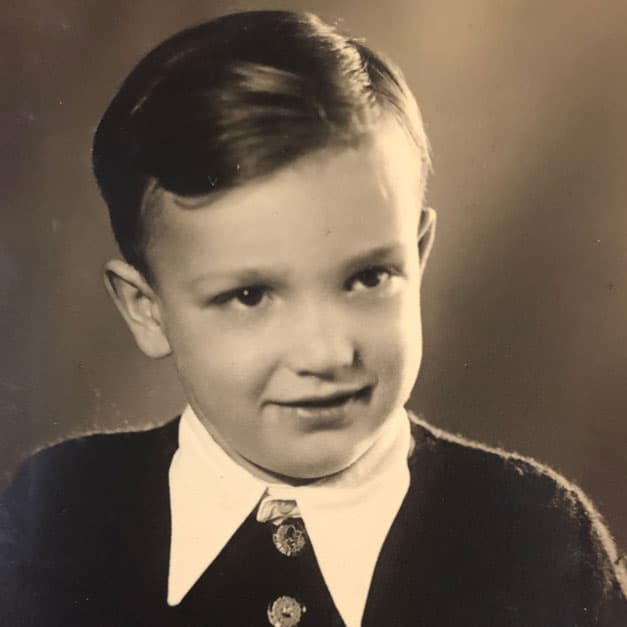
Early Days
Born on September 25, 1944 in Grenoble, France, Jean-Pierre Barral came naturally to his vocation. "My grandmother was a healer, a bone setter, and I always liked to work with people through touch," he says.
He earned his PT degree in 1965 and his diploma in osteopathic medicine in 1974 from the European School of Osteopathy in Maidstone, England. When Barral was at osteopathic school, there were no classes in visceral work. Between 1975 and 1982, Barral taught spinal biomechanics at England's European School of Osteopathy. During this time, he maintained a busy private practice in Grenoble, France.
Birth of Visceral Manipulation
Jean-Pierre Barral first became interested in biomechanics while working as a registered physical therapist of the Lung Disease Hospital in Grenoble, France. Working primarily with articular and structural manipulation, he had an unusual session with a patient he'd been treating. The patient expressed that he felt relief from his back pain after going to an "old man who pushed something in his abdomen." This piqued Barral's interest in the relationship between the viscera and the spine. He began exploring stomach manipulations with patients, with some successful results While at the hospital, Barral met Dr. Arnaud, a recognized specialist in lung diseases and a master of cadaver dissection. Working with Dr. Arnaud, Barral followed patterns of stress in the tissues of cadavers and studied biomechanics in living subjects. This introduced him to the visceral system, its potential to promote lines of tension within the body, and the notion that tissues have memory. All this was fundamental to his development of Visceral Manipulation. Pierre Mercier worked in Barral's office and together they organized the movement of the organs based on the movement of the diaphragm and the entire body.
Using his work with Dr. Arnaud as a foundation, Barral continued to investigate how the thickening of tissues in the body creates areas of greater mechanical tension that, in turn, pull on surrounding tissues. That discovery led him to the theoretical and practical development of Visceral Listening Techniques, a key foundational principle for Visceral Manipulation. With the help of Dr. Serge Cohen, a Grenoble radiologist, Barral also documented changes in the viscera before and after manipulation. They employed x-ray fluoroscopy and ultrasound to record changes in position and motion, as well as fluid exchange and evacuation.
"At the time nobody was talking about manipulating organs, they were saying it was a very curious thing that I was doing," Barral recalls, "but I kept seeing patients with aches and pains that I could relieve simply by kneading their organs." Initially, Barral's gentler, hands-on approach met with skepticism, now many in the medical community are recognizing its benefits. Visceral Manipulation has become part of the standard curriculum at most European osteopathic schools, and training seminars are being taught around the world.
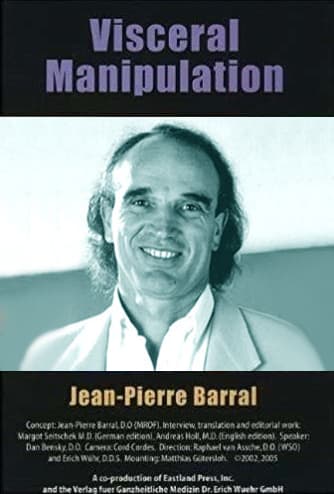
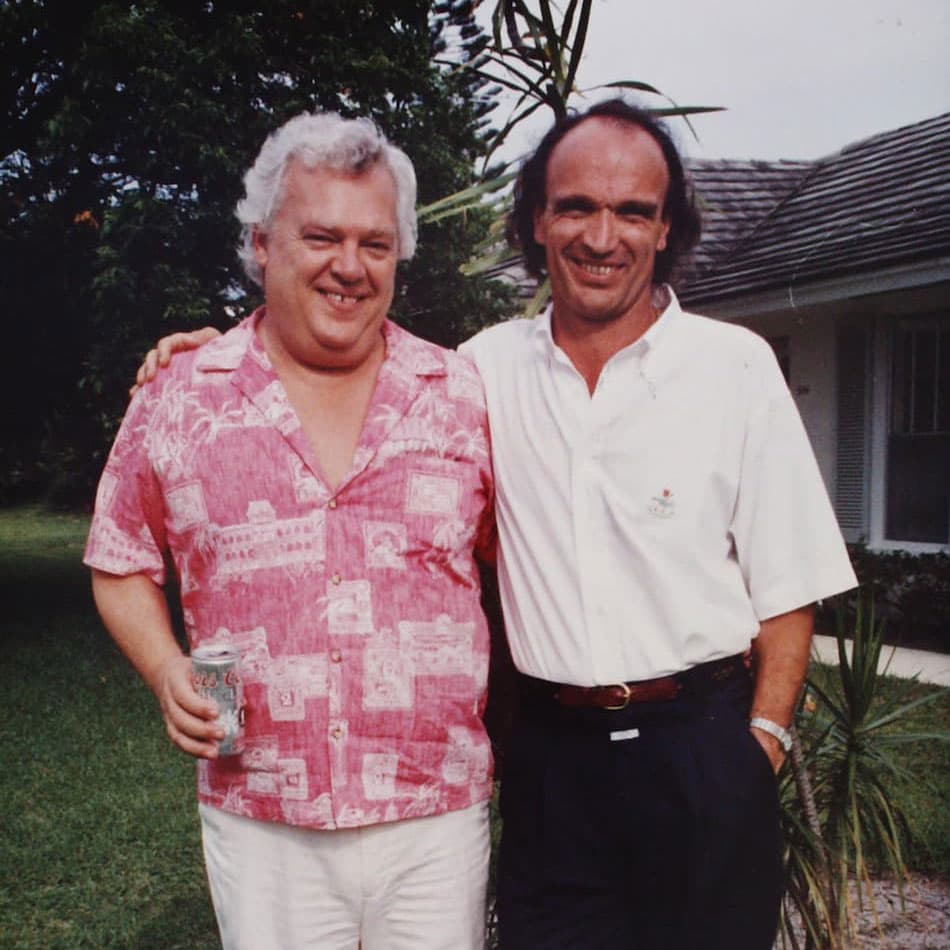
The Barral Institute is Formed
In 1983, along with Paul Mercier, Barral wrote his textbook, Visceral Manipulation, and has since authored 15 additional books that have been translated into numerous languages. In 1985, Dr. Upledger invited Jean-Pierre to come to the U.S. to teach Visceral Manipulation courses. What started as one course has grown to over 35 courses.
Under the administrative direction of John Matthew Upledger (1960-2017), Barral formed The Barral Institute in Palm Beach Gardens, Florida - an education, research and healthcare organization specializing in Barral's integrative, whole-person disciplines. By 1990, The Barral Institute's reputation had grown due to its academic programs and quality of teachers who Barral had trained, and classes expanded around the globe.
Birth of Neural Manipulation and Other Barral Disciplines
Expanding on Jean-Pierre Barral's continued studies and clinical work, Barral and Alain Croibier, also an Osteopath from France, developed therapy techniques specific to the nervous system, which led to Neural Manipulation seminars begin taught in the early 1990's. Next came New Manual Articular Approach with a focus on joints, and Visceral Vascular Manipulation to address the vascular system.
Jean-Pierre Barral's clinical work, combined with Alain Croibier's scientific information, led to the development, practice, and teaching of these disciplines, as well as authoring supporting textbooks.
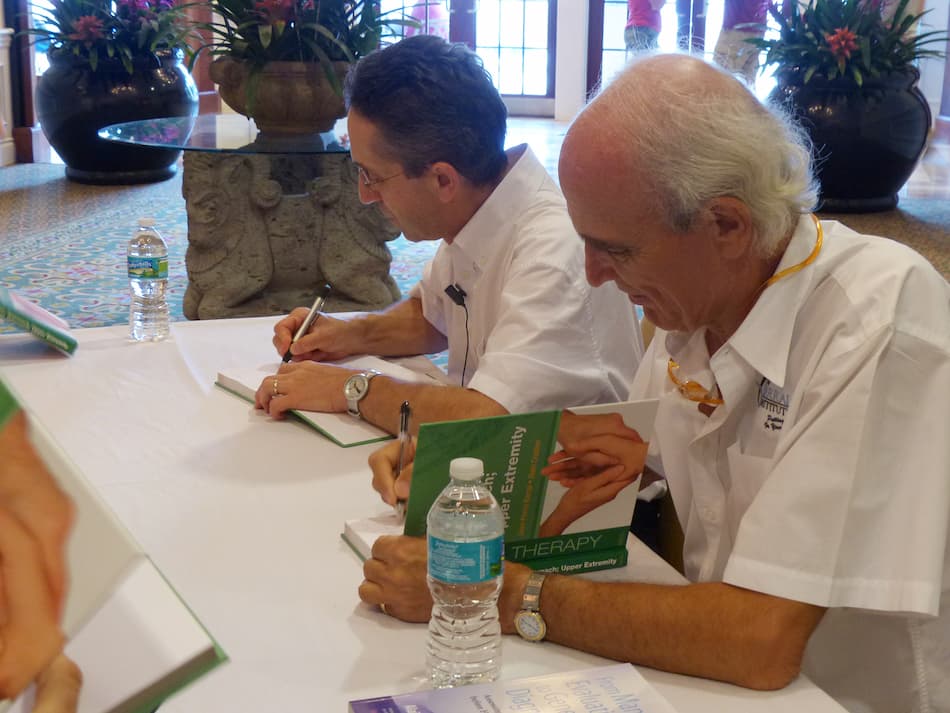
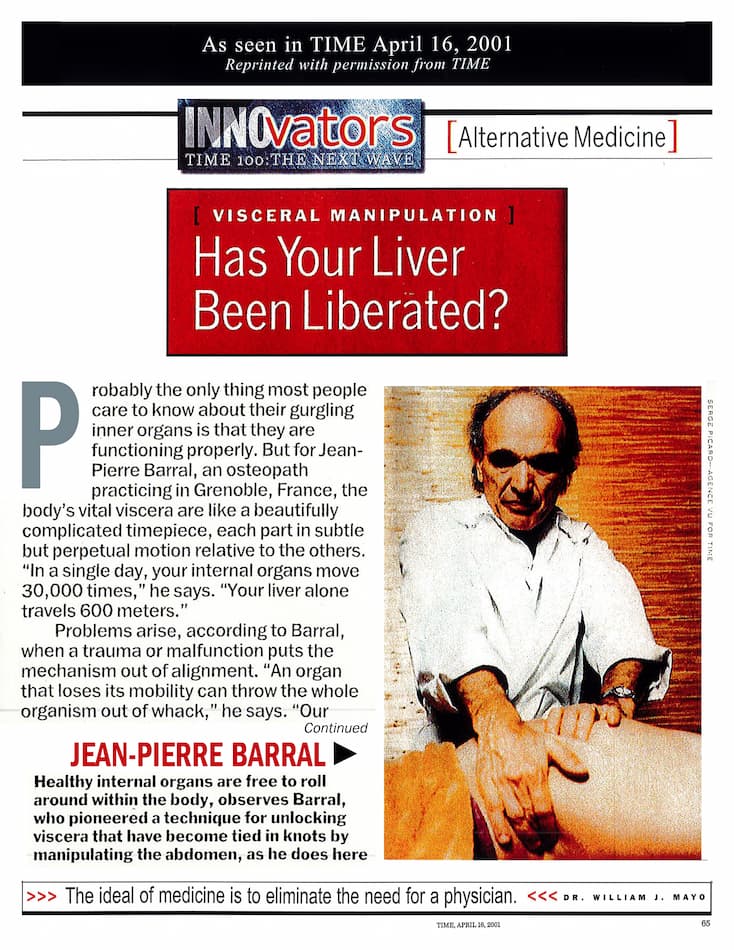
Becoming a Legend
In the early 2000s, with his reputation preceding him, Barral served as Chairman of the International College of Osteopathy at St. Etienne, France, and he was on the faculty of Médecine de Paris Nord - Université Paris Nord. While on faculty, he was the Chief of the Visceral Manipulation Department—the first time in the world that a VM therapist was part of a medical faculty. Barral also received the distinction of being named by TIME magazine as one of America's "Next Wave of Innovators."
Barral Disciplines Across the World
Since 1987 Barral has trained a team of International Teachers who teach the Barral manual therapy seminars around the world. What started as one seminar has grown to over 36 programs encompassing more Barral disciplines, such as courses on the Neuroendocrine Effects of Soft Tissue Treatment, Advanced Visceral Manipulation and Trauma, Visceral Osteoarticular Relationships, Strategic Crossroads of the Body, Manual Therapy for the Brain, and more.
Barral continues to research and develop manual therapy techniques while maintaining a full clinical practice and raising horses on his olive ranch in France. Thanks to his pioneering work, candidates in several European countries must now pass a rigorous test in Visceral Manipulation to earn a diploma in osteopathy, as they have adopted his Visceral Manipulation techniques, just as many other manual therapy professions around the world.
Barral's International Teaching Team continue to develop manual therapy disciplines that expand the integrative, whole person philosophy of The Barral Institute. These include trainings in Women and Men's Health, the Autonomic Nervous System, Concussion and Brain Injuries, and Clinical Applications.
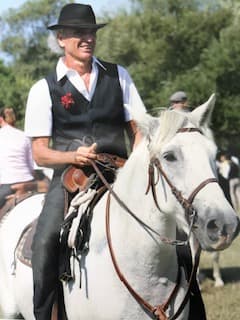
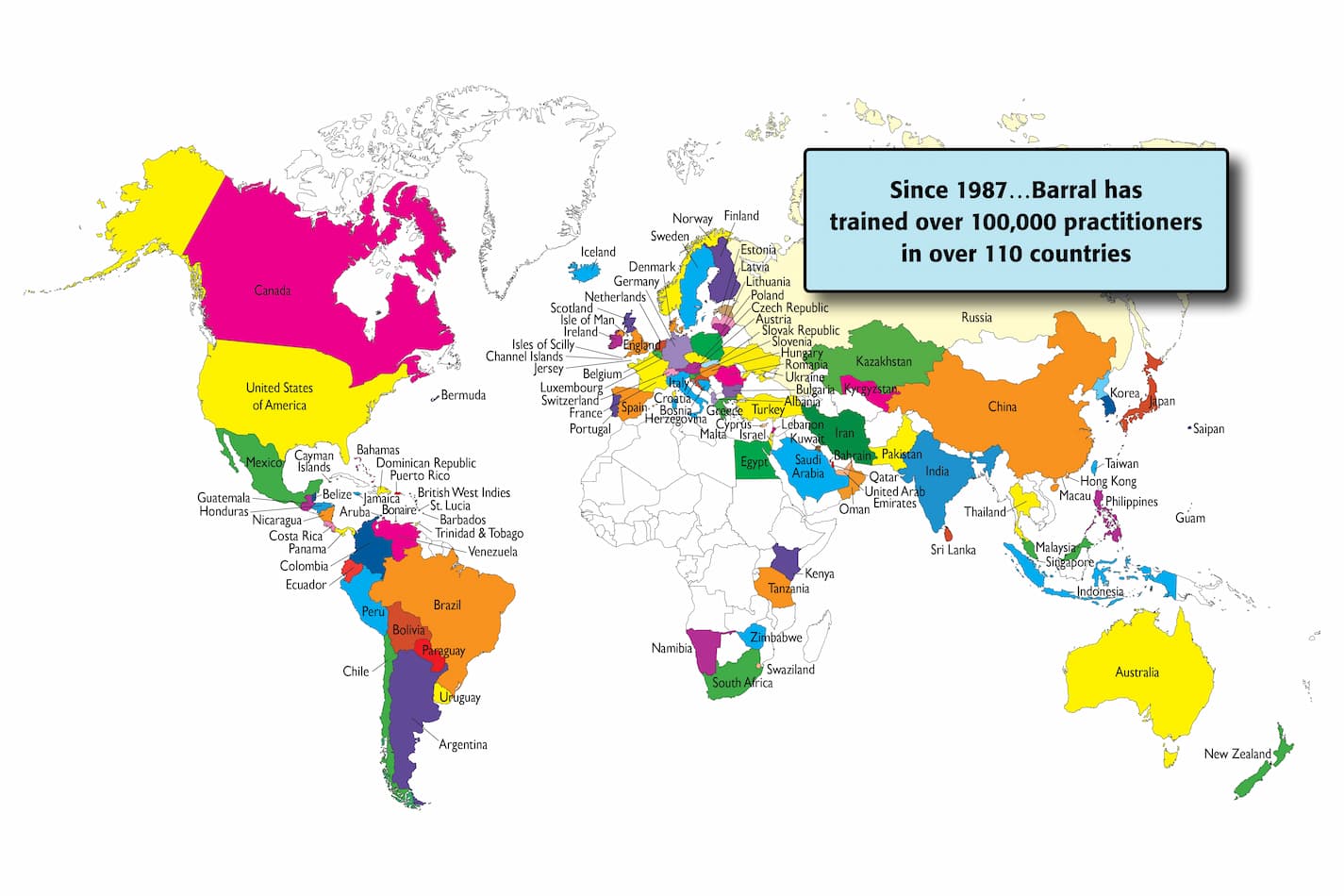
The Barral Institute Today
Barral continues his clinical work and studies, as he feels that he and his colleagues have more to offer patients and the therapy field. Presently The Barral Institute has trained healthcare professionals in over 110 countries, and the curriculum has grown to 36 class types with more than 50 International Teachers.
When talking about Barral's manual therapy disciplines as an integral part of healthcare, Barral has this to say, "We often get called in when allopathic medicine can't do anything. That's where being an organ mechanic is a beautiful thing. There aren't many of us, and there are a lot of organisms out there that need help."
Together with his other Academic Leaders, Alain Croibier and Gail Wetzler, and the International Teaching Team, Jean-Pierre Barral continues to research, develop, and innovate. The Barral Institute programs continue to be shared with the healthcare community world-wide, and are considered the cutting edge in the field of integrative manual therapy applications and client-centered healthcare.
"No one argues with the wine tester who, by using his palate, can tell us the characteristics of a wine - its region, its vineyard or even its vintage. The education of touch can go at least as far."
Become Certified
Ready to learn more about the process?
Get StartedContact Us
Have questions? Join newsletter?
Contact Us